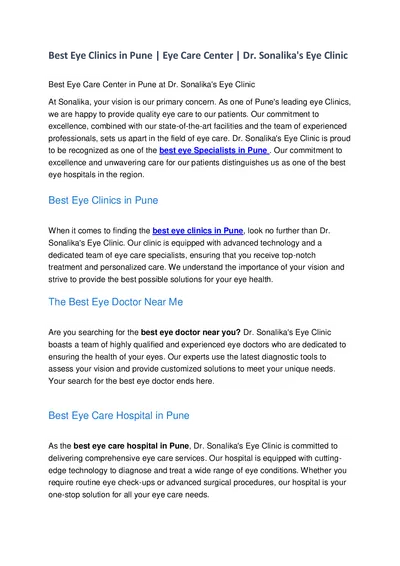PDF-[READ DOWNLOAD] THE 30-DAY ALZHEIMER\'S SOLUTION BOOK :: Care givers guide to Caring for
Author : lianahouston | Published Date : 2023-09-23
4 minutes ago brbrCOPY LINK TO DOWNLOAD httpscentongdawetblogspotcombookB0BNNS4VN3brbr PDF READ ONLINE THE 30DAY ALZHEIMERS SOLUTION BOOK Care givers guide to
Presentation Embed Code
Download Presentation
Download Presentation The PPT/PDF document "[READ DOWNLOAD] THE 30-DAY ALZHEIMER\'S ..." is the property of its rightful owner. Permission is granted to download and print the materials on this website for personal, non-commercial use only, and to display it on your personal computer provided you do not modify the materials and that you retain all copyright notices contained in the materials. By downloading content from our website, you accept the terms of this agreement.
[READ DOWNLOAD] THE 30-DAY ALZHEIMER\'S SOLUTION BOOK :: Care givers guide to Caring for: Transcript
Download Rules Of Document
"[READ DOWNLOAD] THE 30-DAY ALZHEIMER\'S SOLUTION BOOK :: Care givers guide to Caring for"The content belongs to its owner. You may download and print it for personal use, without modification, and keep all copyright notices. By downloading, you agree to these terms.
Related Documents

![PDF-[READ DOWNLOAD] THE 30-DAY ALZHEIMER\'S SOLUTION BOOK :: Care givers guide to Caring for](https://thumbs.docslides.com/1020284/read-download-the-30-day-alzheimer-s-solution-book-care-givers-guide-to-caring-for-people-l.jpg)












